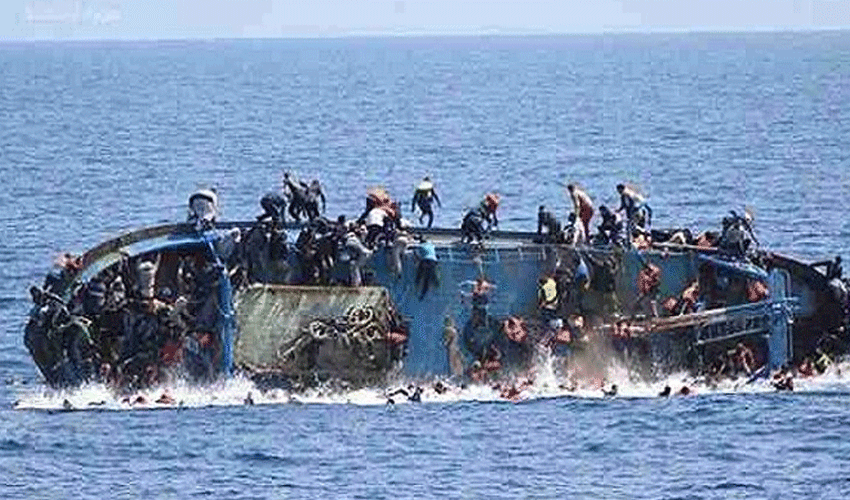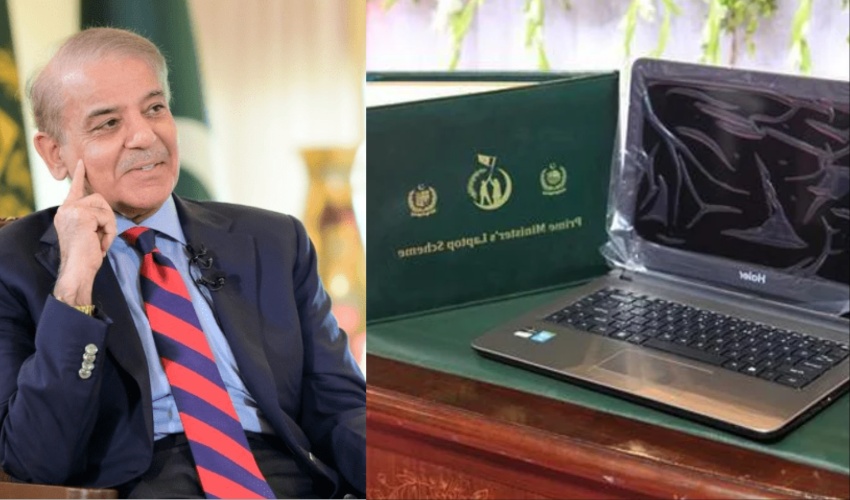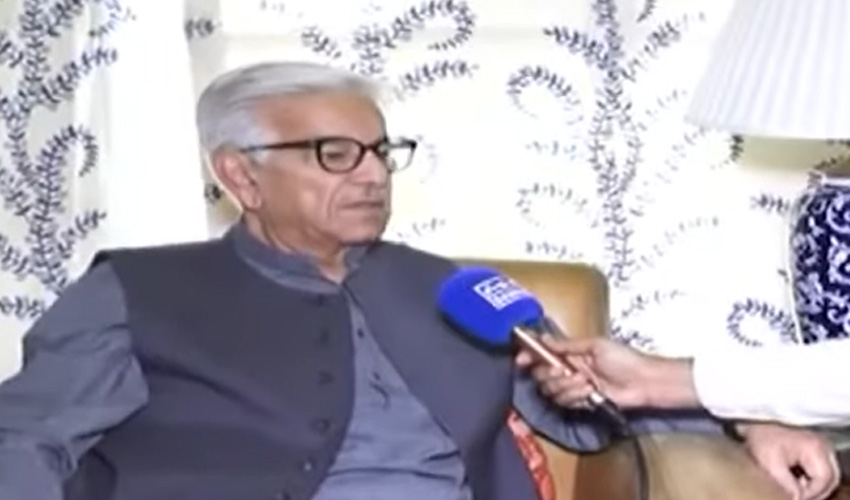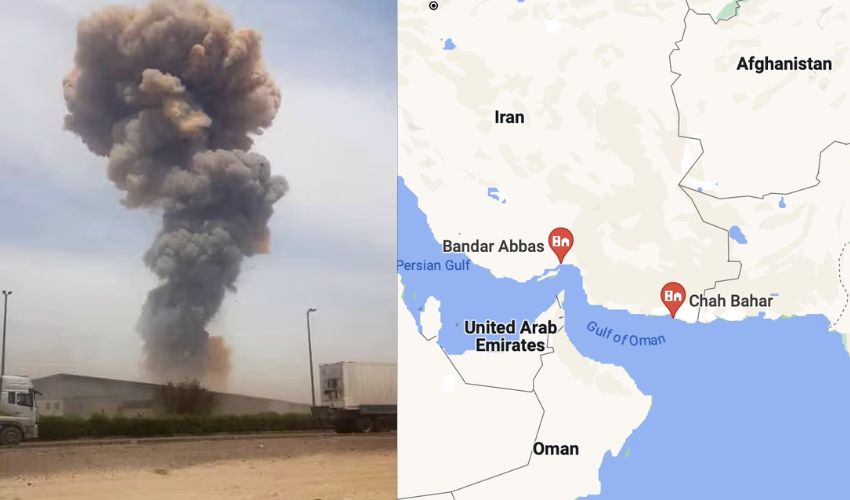Thirteen Pakistani nationals who lost their lives in a tragic boat accident off the coast of Morocco have been identified, diplomatic sources confirmed on Tuesday.
The identification process, carried out with assistance from the National Database and Registration Authority (NADRA) has now been completed.
The deceased were among the passengers of a Europe-bound vessel that capsized last month while attempting to cross from West Africa to Spain.
RELATED: Pakistan dispatches investigation team to Morocco
Initial reports suggested that 44 Pakistanis were among the casualties, but local authorities have so far recovered only 13 bodies.
Identified victims
According to official sources, the following Pakistani nationals have been identified among the deceased:
- Sufyan Ali, son of Javed Iqbal (Passport No. VF1812352)
- Sajjad Ali, son of Muhammad Nawaz (Passport No. XX1836111)
- Raees Afzal, son of Muhammad Afzal (Passport No. MJ1516091)
- Qasnain Haider, son of Muhammad Banaras (Passport No. AA6421773)
- Muhammad Waqas, son of Sanaullah (Passport No. DJ6315471)
- Muhammad Akram, son of Ghulam Rasool (Passport No. DN0151754)
- Muhammad Arsalan Khan, son of Ramzan Khan (Passport No. LM4153261)
- Hamid Shabbir, son of Ghulam Shabbir (Passport No. CZ5133683)
- Qaiser Iqbal, son of Muhammad Iqbal (Passport No. GR1331413)
- Danish Rehman, son of Muhammad Nawaz (Passport No. SE9154371)
- Muhammad Sajawal, son of Rahim Din (Passport No. AY5593661)
- Shahzad Ahmed, son of Wilayat Hussain (Passport No. GN1162802)
- Ehtisham, son of Tariq Mahmood (Passport No. CE1170122)
Identification and repatriation
The Pakistani Embassy in Morocco, in collaboration with local authorities, undertook the identification process, relying on fingerprint analysis and photographs sent to NADRA. Officials stated that the bodies were initially unrecognizable and lacked identification documents.
With the verification process now complete, arrangements are underway for the repatriation of the remains. Authorities have not yet provided a timeline for when the bodies will be returned to Pakistan.
The tragic incident has once again highlighted the perils faced by undocumented migrants attempting dangerous sea crossings. Several survivors of the boat tragedy have since returned to Pakistan and were questioned by the Federal Investigation Agency (FIA). Following their testimonies, authorities have initiated action against human trafficking networks.
In response to criticism over the handling of such cases, Prime Minister Shehbaz Sharif recently removed FIA Director General Ahmed Ishaq from his post, citing delays in the investigation into human smuggling operations.
Last month, reports indicated that as many as 50 people drowned in a similar boat accident on the same route. The growing number of such incidents has raised concerns over the increasing involvement of Pakistani nationals in illegal migration attempts.
The tragedy
The boat, which set off from Mauritania on January 2, was carrying 86 migrants, including 66 Pakistanis, on its perilous journey to Spain’s Canary Islands. According to reports, the boat capsized off the coast of Morocco, with over 40 Pakistani nationals feared dead. The rescue operation, conducted by Moroccan authorities, saved 36 people, but the rest of the passengers perished in the incident.
Helena Maleno, the CEO of migrant rights organization Walking Borders, stated that as many as 50 migrants may have drowned in the wreck, with 44 of them being from Pakistan. Maleno further revealed that the migrants had been stranded at sea for 13 agonizing days without any rescue efforts, amplifying the tragedy.
Adding to the heart-wrenching details, reports suggest that many of the Pakistani migrants had suffered physical abuse at the hands of human smugglers. These smugglers allegedly subjected the victims to torture while demanding additional money for their passage, pushing them to the brink of death. The survivors, who are expected to provide critical testimony, will play a key role in shedding light on the circumstances leading to the disaster.



























